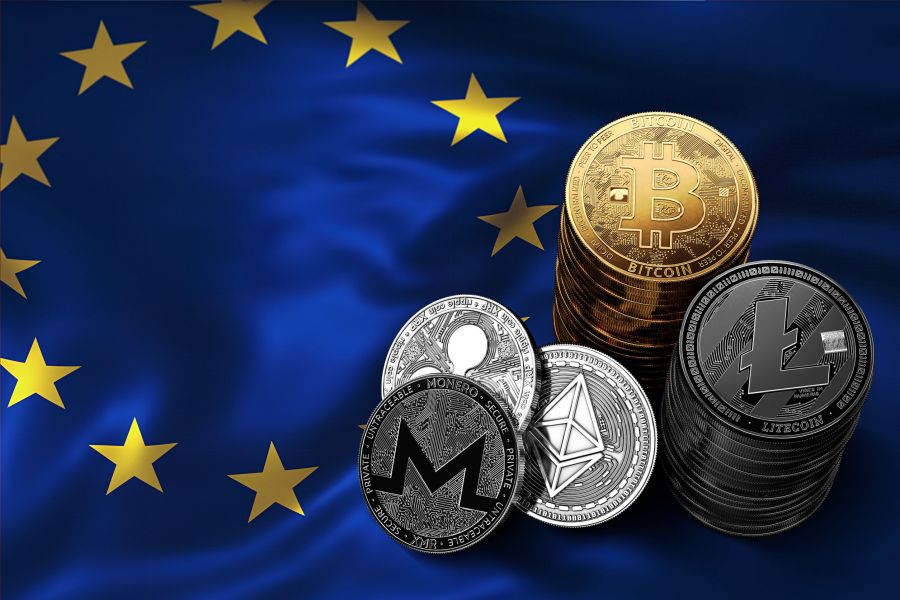The European Union is stepping up efforts to launch a digital euro, with officials weighing whether public blockchains such as Ethereum and Solana could play a role in issuance and settlement, according to the Financial Times.
The push comes after the U.S. advanced stablecoin legislation, reinforcing the dominance of dollar-pegged tokens in global markets. That trend has raised concern inside European institutions about the euro’s role in the future of digital payments.
ECB preparation enters final stretch
In its third progress update released July 16, the European Central Bank (ECB) reported progress on drafting a rulebook, running user research, and testing through an innovation platform with about 70 market participants.
The ECB’s current preparation phase runs until October 2025, when the Governing Council is expected to decide whether to move forward. Any issuance, however, would still require formal EU legislation, the central bank noted on its project page.
Strategic autonomy as key driver
EU policymakers frame the digital euro as a matter of strategic autonomy. In testimony before the European Parliament’s ECON committee in April, Executive Board member Piero Cipollone argued that a digital euro would reduce dependence on non-EU payment rails while strengthening resilience in retail payments across the bloc.
The remarks were later echoed in the ECB’s official statement and in related postings by the Bank for International Settlements (BIS), underscoring the geopolitical stakes tied to the project.
Kosta has been working in the crypto industry for over 4 years. He strives to present different perspectives on a given topic and enjoys the sector for its transparency and dynamism. In his work, he focuses on balanced coverage of events and developments in the crypto space, providing information to his readers from a neutral perspective.


